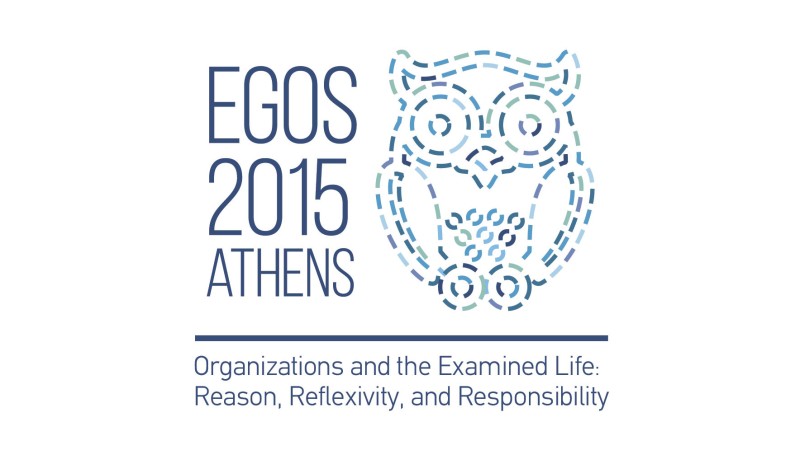Sub-theme 45: Materiality, Human Agency and Practice
Call for Papers
The 'practice turn' (Schatzki et al., 2001) has contributed to a deeper appreciation of performativity and the respective
role of human agents and material artefacts in organizational practice. Within the practice turn, 'sociomateriality' emerged
as a lens for conceptualizing the texture of organizational practice, arguing for the constitutive entanglement of human agents
and material artefacts (Orlikowski, 2007; Orlikowski & Scott, 2008). One of the most important contributions of the sociomateriality
debate has been the subsequent problematization of 'materiality', which extended a long tradition of questioning the prominence
of human agency in social practices (Latour, 2005). This revived interest has given way to insightful contributions on how
the ‘material’ matters in organizational practice (Carlile et al., 2013; de Vaujany & Mitev, 2013; Leonardi et al., 2012).
In this sub-theme, we wish to explore implications of alternative conceptualizations of the relation between the
social and the material for understanding reflexive and responsible practice. We recognize that the relation between the social/human
and the technical/material is a highly contested terrain with many competing theoretical orientations. We want to explore
this relation (interrelation, mediation, imbrication, constitutive entanglement, incorporation, etc.) and its consequences
for practice, reflexivity and responsibility. Literature on reflexive practice (Yanow & Tsoukas, 2009) and ethical sensibility
(Introna, 2002) has highlighted the relevance of materiality (Introna, 2007), but how do different understandings of the relationship
between the social and the material affect approaches to organizations and the 'examined practice'? What kind of implications
do these alternative understandings have for how an examined practice may be achieved?
We invite scholars who
study materiality and its implications for organizational practice and responsibility to submit theoretical, empirical and
methodological papers that may engage with – but are not limited to:
- Materiality as ground, occasion, resource, offshoot of the examined practice
- Obligation, responsibility and relations of accountability in the examined practice
- Reason, affect and the body in the interplay between the social and the material
- Forms of self-awareness and relation to materiality
- Temporality, materiality and reflexivity
- Digital artefacts, digital actors, digital environments
- Dichotomies, reflexivity and responsibility
- The examined practice of the researcher: concerns and considerations in theorizing the social and the material
References
- Carlile, P.R., Nicolini, D., Langley, A., & Tsoukas, H. (eds.) (2013): How Matter Matters: Objects, Artifacts, and Materiality in Organization Studies. Oxford: Oxford University Press.
- De Vaujany, F., & Mitev, N. (eds.) (2013): Materiality and Space: Organizations, Artefacts and Practices. Basingstoke: Palgrave Macmillan.
- Introna, L. (2002): "The (im)possibility of ethics in the information age." Information and Organization, 12 (2), 71–84.
- Introna, L. (2007): "Maintaining the reversibility of foldings: Making the ethics (politics) of information technology visible." Ethics and Information Technology, 9, 11–25.
- Latour, B. (2005): Reassembling the Social: An Introduction to Actor-Network-Theory. Oxford: Oxford University Press.
- Leonardi, P.M., Nardi, B.A., & Kallinikos, J. (eds.) (2012): Materiality and Organizing: Social Interaction in a Technological World. Oxford: Oxford University Press
- Orlikowski, W.J. (2007): "Sociomaterial practices: Exploring technology at work." Organization Studies, 28 (9), 1435–1448.
- Orlikowski, W.J., & Scott, S.V. (2008): "Sociomateriality: Challenging the separation of technology, work and organization." The Academy of Management Annals, 2 (1), 433–474.
- Schatzki, T.R., Knorr-Cetina, K., & von Savigny, E. (eds.) (2001): The Practice Turn in Contemporary Theory. London: Routledge.
- Yanow, D., & Tsoukas, H. (2009): "What is reflection-in-action? A phenomenological account." Journal of Management Studies, 46 (8), 1331–1364.


